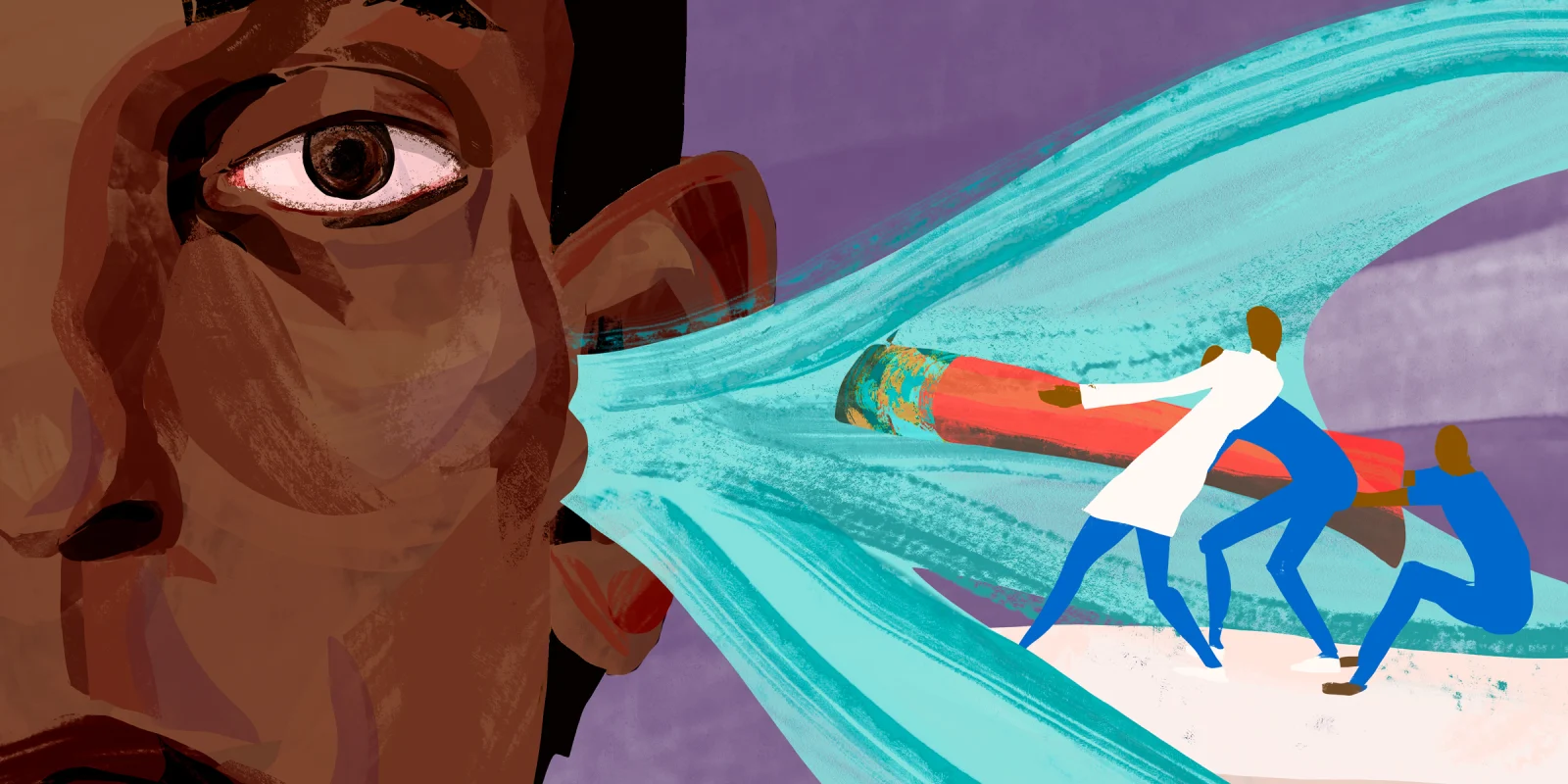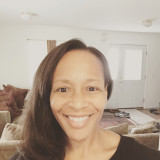Once you see it you can never fail to notice it. It happened almost 30 years ago and it also happened yesterday. You are watching a doctor that looks like you and comes from the same place that you come from. You are a high school student spending your summer completing an observership. You are amazed by what you have seen, and you know that this is what will do with your life. He explains that although it is late, you must make one last stop before you leave the hospital. You watch him as he steps behind the nursing station and begins to ask about the status of his patient. In the middle of his sentence, he — the doctor wearing a classic long white jacket and scrubs, ID on his breast pocket, with Dr. clearly in front of his name — is asked, "Are you transportation? We've been waiting forever." You can see the transfiguration of his soul clearly written on his face, first a look of shock, then annoyance. He glances toward you and you watch his expression change to one of anger and then resolve. You don't have the vocabulary to describe what was happening to him, but your education on the constant grind of everyday racism in medicine begins at that moment. There is no argument, no written complaint. The slight passes by in silence.
In that silence is really all you need to know about the availability of support for physicians – then and now – who are racialized as non-white. The insults are frequently devaluing and embarrassing and there is no space provided for clinicians to address them. If you report this, you are considered petty and you need to get on with the overwhelming work of practicing medicine. As Toni Morrison explains, “The function, the very serious function of racism is a distraction. It keeps you from doing your work. It keeps you explaining, over and over again, your reason for being. Somebody says you have no language and you spend 20 years proving that you do.”
Years later, you are completing a rotation on pediatric surgery during your intern year in surgery and there is no time, ever, anywhere — you and everyone around you is exhausted. You are standing in your long white coat buttressed between two residents in scrubs and white coats. The attending is both examining the patient, teaching, and quizzing you. You are focused on learning. The door opens, and a lady from food delivery asks you if the patient needs his tray rewarmed or if he is done. You do not know why the question has been directed to you and you do not know what to do at this moment. You reply honestly you do not know. She replies, "Oh, I thought you were food delivery.” It's embarrassing and thoughtless, and your co-resident says, "Wow" under his breath, but you are silent. You continue on as if nothing has happened. There was no argument, no swiftly written complaint, nothing but silence. Nothing has changed when it comes to these verbal assaults on minoritized clinicians. You had no space at that moment to process what has happened, and you have the very real work to do of finishing a residency training program.
Cellphone video makes the large things that end lives and leave children fatherless or motherless ubiquitous, strewn about the TV and news sites. They are everywhere, and no one can ignore them. While the world is powerless to ignore these things, the people who are serving, working, and trying to survive are bombarded by these images. A nurse casually comments that Trayvon was complicit in his own murder and you cannot be silent. “He was a child,” you say, “What excuse is there for murdering a child?”
“Oh, but it wasn't murder, he was a threat and wearing a hoodie ... he shouldn’t have been dressed like a thug.” You are in the middle of a case, you cannot walk away but you cannot let this rest. You are simultaneously required to work with people that see those who could be your family as less than and will find any and all excuse to protect those who would commit these acts of violence. You must be in the same space, breathing the same air, and you can not walk away. And when you think, This is wrong and it must be stopped, it is followed by the recurring truth: Who can you report these things to?
You call your friends; you tell them word for word what has happened and how you have managed to survive one more day in this. They respond with their own stories. One has been told they look like an ape, the other has come in in the middle of the night to find out that the patient they’re treating is a white supremacist, another is told that he is not allowed to enter the ER to treat the patient that he has been called in to treat. It is both everywhere and nowhere that you are collectively experiencing this second class of practicing medicine and at the same time, there are no solutions. If you say something it is the "wrong thing," if you say nothing you are complicit. You open the email from your organization with an anti-racism statement, you read them every week, each of them expressing the organization’s desire to provide a racism-free workplace but none of them providing protection from these common experiences.
It is late and you are on call, and you walk into the ER. You approach the desk, and you ask about your consultation. The woman behind the desk looks at you: you are wearing a white coat and scrubs, a prominent ID with Dr. in front of your name. She cuts you off and what does she ask? A 30-year-old question: "Are you here to transport this patient?"
You take a beat and before you can respond, the nurse on her right says, "That's the doctor." In her voice, you can hear a degree of annoyance and embarrassment and you realize that this was never your job. This is not your problem to fix, it’s the institution’s, and it will take more than a module on diversity and some emails. It will take someone else speaking up. Finally you put the burden down, and in that moment, you can do your work.
What solutions do you see to achieving equality in medicine? Share in the comments.
Alexandria Lynch is a general urologist with a focus on robotic surgery practicing in New York. She believes that practicing medicine is a privilege that can build a well-educated, healthier society, and encourage a just culture. As a native New Yorker, she enjoys long walks along the Westside highway admiring the Manhattan waterfront, thin-crust pizza, writing, flying, and endless afternoons at the Strand. Dr. Lynch is a 2021–2022 Doximity Op-Med Fellow.
Illustration by Jennifer Bogartz






